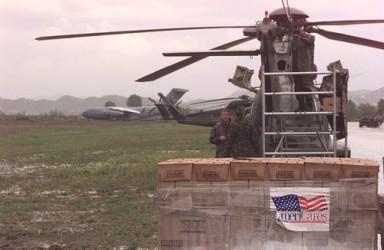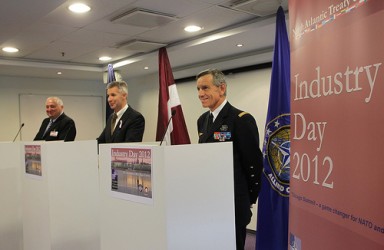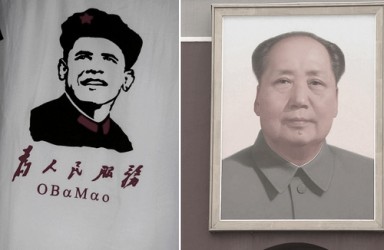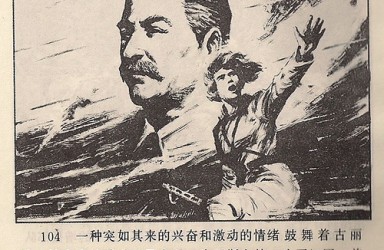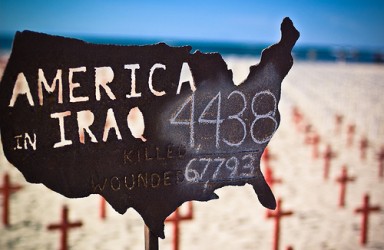Can IR Theory Explain US-NATO Engagement in Kosovo?
Studying the use of international organizations as hegemonic tools highlights America’s special role in NATO’s decision-making process and its unique interests in the Kosovo intervention.
Is Foreign Policy a Rational Process Devoid of Politics?
Foreign policy-making is far from scientific or rational. Instead, politicized and non-scientific foreign policy decisions and outcomes often result from bureaucratic politics.
Making NATO’s Smart Defence Initiative Work
In the current financial crisis, NATO must encourage cooperation among its members via the Smart Defence Initiative to ensure better preparedness and increased operational efficiency.
Should CETA be Finalized?
If CETA is successful, it would coincide directly with the EU’s aim to increase trade, while also providing a platform for the EU to become a global leader in trade policy.
Hanging By A Thread? China, America and the New Silk Road
The Chinese concept of a New Silk Road is based around over forty thousand kilometres of railways in three corridors across the Eurasian continent dubbed the ‘Eurasian Land Bridge’.
The Challenges of the European SMP and Euro for the US
The SMP and Euro posed challenges to the US by shifting the transatlantic and global balance of power, and pushing the federal sector toward a more unified stance on economics.
The Domestic Contraints on US Foreign Policy
Constraints on the foreign policy of the US administration do exist and are most frequently faced by a President by domestic sources. Of these, the most significant constraints are those of the Congress and public opinion.
The Role of Ideology and Interest in Stalin’s Engagement with China
On February 11, 1945, Joseph Stalin, Franklin Roosevelt, and Winston Churchill, then in conclave at Yalta, signed an agreement for disposing of Far Eastern questions.
U.S.A: More Guns, Less Crime?
The United States is unique among wealthy nations in its vast private inventory of firearms, consisting of nearly 300 million guns, used for hunting, recreation and murder.
Iraq and the 2012 U.S. Presidential Elections
Should Iraq erupt into sectarian violence or take an anti-American stance, particularly should engagement with Iran become inevitable, it will have negative consequences for Obama during the election.
